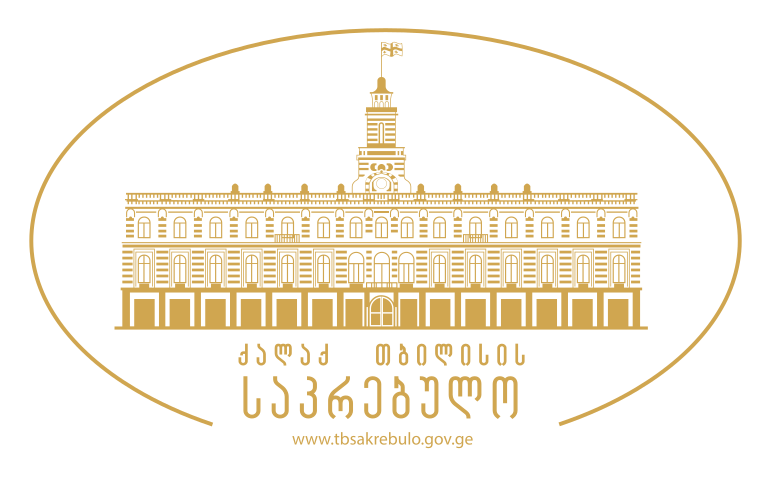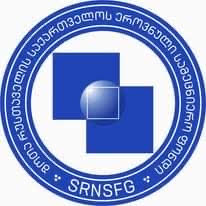005- The Political Aesthetics of Agricultural Protest in the 21st Century
Organizer: Dr. Sandra Fluhrer, Comparative Literature, University of Erlangen (Germany)
Keywords: global contemporary literatures/arts and agricultural politics; aesthetics of protest, re- sistance, reform; (literary) history of farming, peasantry and protest
One of the most pressing socio-ecological and -economical issues is the future of agriculture. The urgency has shown in parliamentary debates, but even more so in the streets. Most recently, aims to further liberalise the Indian agricultural market have sparked a wave of revolt: In late 2020, hun- dreds of thousands of farmers came to Delhi with tractor rallies and protest camps. In Europe, farm- ers have protested agains the EU’s agrarian reform for years with massive convoys of tractors block- ing roads and city centres, most prominently in France and Germany. In southern Europe farm workers have repeatedly protested against low wages and appalling living and working conditions, as have the workers organized in Brazil’s Movimento dos Sem Terra.
The group session aims at collecting different readings on the political aesthetics of these protests and their literary representations from a global perspective. The papers might address:
- representations of recent agricultural protest in literature or other arts/media in documentary or fictional form (e.g. Milo Rau, Das neue Evangelium, 2020; Uta Ruge, Bauern, Land, 2020; Michel Houellebecq, Sérotonine, 2019; Éric Vuillard, La guerre des pauvres, 2019),
- aesthetics and medialisation of recent protests (use of time and space, ways of creating images and narratives; Delhi’s Trolley Times protest paper),
- ways in which the protests relate to major socio- and eco-political issues and ecological threats of our time (human rights, labour rights, carbon emission, depletion of soils, drought, flooding, deforestation, animal rights, public health, ),
- relations to the history and/or literary history of agricultural protest (16th peasant revolts, Zapatist movement, late 1970s US ‘tractorcades’; Virgil’s Georgica, writings of Thomas Münt- zer, Georg Büchner’s 1834 pamphlet “Der Hessische Landbote”, William Morris’ 1890 rural utopia News from Nowhere, Sergei Tretyakov’s documentary fiction on the collectivisation in the 1930s, Shyam Benegal’s 1976 film Manthan, etc.),
relations to myths of the rural and to the history of totalitarian agricultural politics (Nazi-Ger- man “Blut und Boden” ideology; violent turns of the collectivisation in the Sowjet Union and China).
The Project was supported by Shota Rustaveli National Science Foundation of Georgia (SRNSFG) [grant number MG-ISE-22-170]


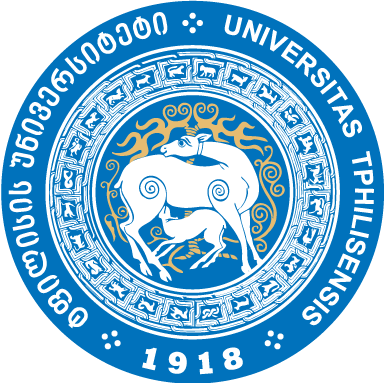


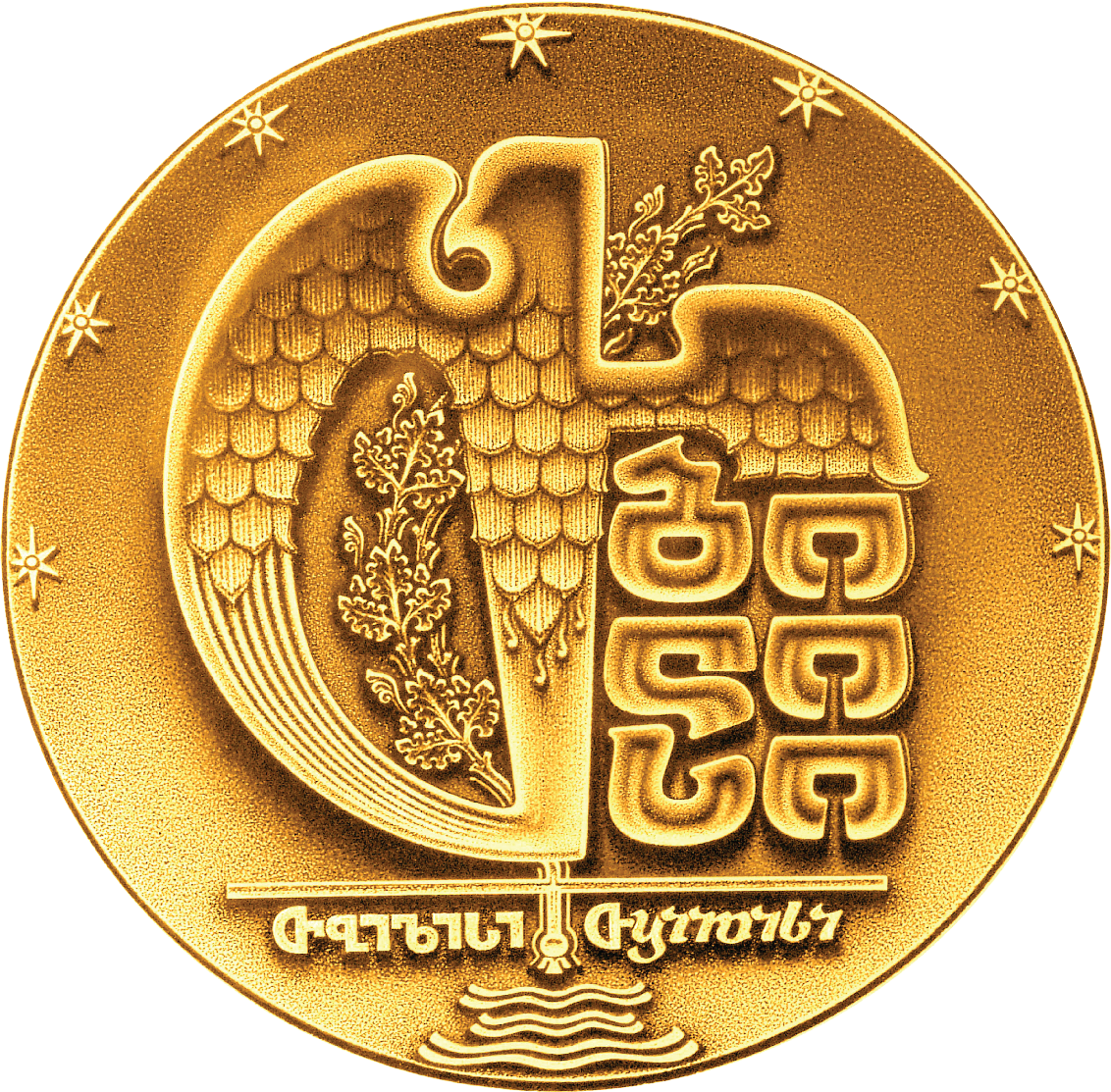

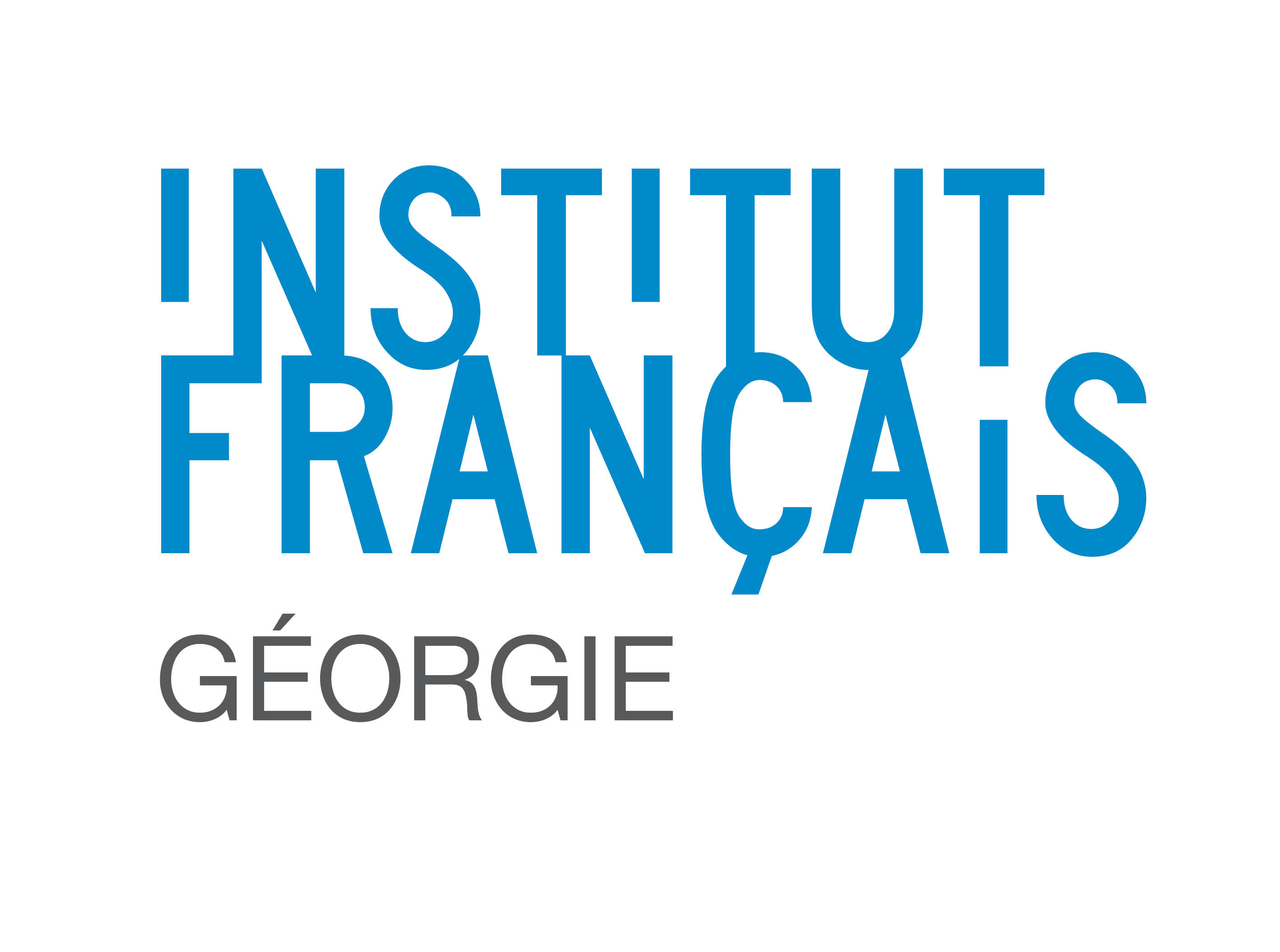




_001.png)

